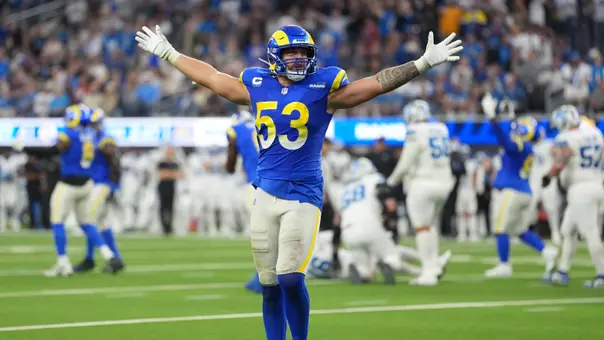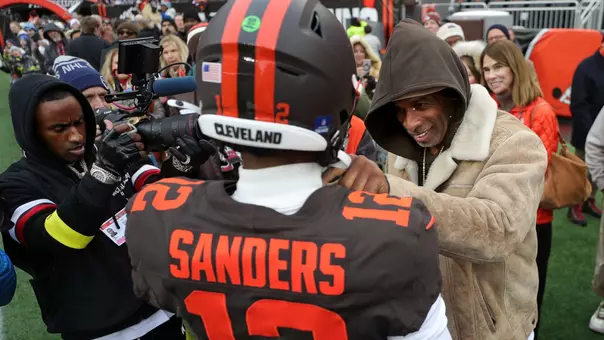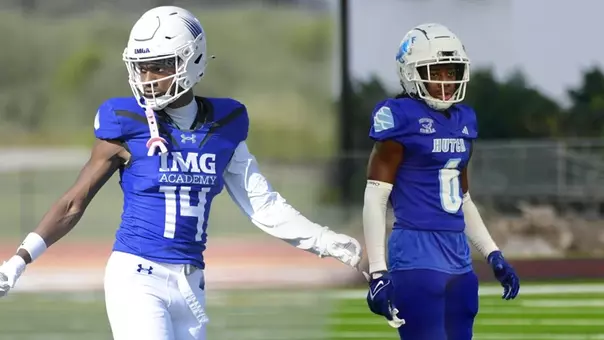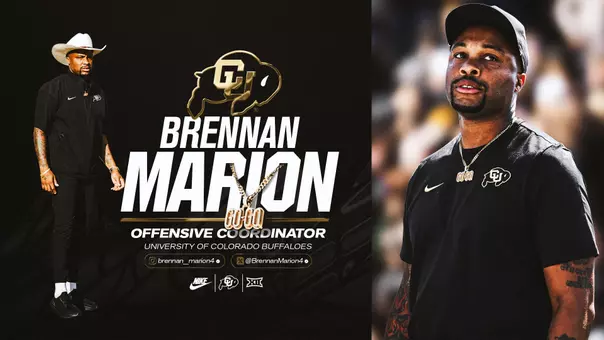Colorado University Athletics
Buffs Engage In "Training Day" With Boulder, CU Police
July 20, 2016 | Football, Neill Woelk
Players get chance to experience police training situations
BOULDER — Colorado offensive lineman Jeromy Irwin may have summed up the experience best Wednesday morning:
"When I make a split-second decision and it goes wrong, Sefo (Liufau) gets sacked and complains," Irwin said. "When these guys make a split-second decision, it's a life-and-death situation and somebody could get shot."
"These guys" were members of the City of Boulder and University of Colorado police departments, who gathered Wednesday morning with members of the CU football team for the second annual "Training Day With the Buffs."
"We're just trying to build a better relationship between the police department and the athletes and expose them to what a police officer may face on the street every day," said Boulder PD Operations Deputy Chief Curtis Johnson. "We want to have the opportunity to interact with them and get to know some of our employees. Likewise, for our police officers, it's a chance for them to meet the young athletes who are here in Boulder."
The concept for the training day arose a year ago in the wake of the unrest in Ferguson, Mo., and around the nation. CU Associate Director Lance Carl approached the Boulder PD about a possible session, and the training day evolved.
"We want to make sure that we have positive relationships," Johnson said. "We expose them to the split-second decision making that we have to do, and we talk about the things we have in common."
Players spent the morning working in a variety of training sessions and situations, similar to those that police engage in during their training. The situations ranged from defensive tactics to deadly force encounters to SWAT situations. Policemen/players attempted to de-escalate an argument between several individuals, approached a person reported as "enraged and possibly dangerous," and made contact with an individual who was provoking confrontation in a public place.
In each instance, players went in as armed policemen — and the situations did not always end well. In some instances, players made snap judgments and fired on suspects, only to discover that the suspect had been reaching for a cellphone in his pocket. In other instances, players had their guns plucked from their holsters and were "shot" by the suspects.
Players also were trained to use a battering ram to enter a locked door and had the opportunity to take target practice with different weapons.
"It's kind of crazy," said offensive lineman Tim Lynott Jr. "It's amazing how fast they have to react and what can be at stake. Football players have to learn to make split-second decisions all the time, but to see what they have to face and what the consequences could be is really interesting."
While it was clear that the players enjoyed the experience, it was also quite apparent that it was a learning experience.
"It might seem like a little thing — three hours on a Wednesday in July — but we see the benefits of this all year long," said Bryan McGinnis, CU Football Director of Operations. "It's great for our guys to get a taste of what an officer goes through, whether it be training or the high-level stress situations that they experience on a regular basis. They might see it on TV, but now they have a much better understanding of what happens when you are put in a situation that requires a split-second decision and lives are at stake."
CUPD Sgt. John Zizz played the role of an agitated "street preacher" who police were called to check on. Zizz kept the policemen/players on edge as they tried to calm him down. One player fired his weapon at Zizz when he reached for his cellphone; another had his pocket picked when Zizz grabbed the player's weapon from his holster and fired.
"We think it's valuable to have them run through some of our scenarios and see how difficult it can be to make decisions based on somebody's behavior," Zizz said. "The behavior that we're demonstrating isn't all that uncommon for the Boulder area. We get calls for similar scenarios quite often — people fighting at a bar, assaults, someone who is agitated and acting aggressively. It's neat to be able to introduce the players to some of the scenarios that we face, and some that they may have seen — just not from our perspective."
Several CU players are taking courses at CU with an eye on making law enforcement a career. Wednesday's training day was an educational introduction to what they might see in the future.
"Law enforcement is definitely something I'd like to get into," linebacker Jimmie Gilbert said. "This allowed me to get a greater appreciation and greater understanding about the different type of situations they face and the split-second decisions that are part of their job every day. From confronting someone when they are hostile, knowing what kind of force to use and how to communicate — those are all important skills."
For many players, the training was simply an eye-opening experience into a world they had previously seen only on television.
"I learned how difficult it is to make split-second judgments as a police officer in different situations," linebacker Derek McCartney said. "The one simulation I did, where there was a crazy guy and we were supposed to calm him down — it was weird. I was questioning everything I did. Do I pull out my gun? Do I physically restrain him? What if he grabs at me? They have to make these split-second decisions that are life-and-death situations. It's not something you think about often, but it's an opportunity how tough their jobs are and what kind of stress they see every day just to keep us safe."
With recent events across the nation making community-police relations more important than ever, Johnson called Wednesday's training a "great opportunity."
"Every chance we have to make a positive impact with somebody in the community is important," Johnson said. "There's a lot of mistrust, a lot of unknowns, and a lot of people who don't know what to think or believe. We like to think Boulder is a little different. We don't have the level of violence that other cities have had. But every opportunity we have to engage in positive interaction — one call at a time or something like this — can help us."
That's also a message Johnson passed on to CU's players.
"I tell them we are both leaders in our communities," Johnson said. "When the players see a little kid wearing a CU football shirt, they have that chance to reach out. If they say, 'Hey, love your shirt,' they make that kid's day and they've had a positive interaction. It's just one more way they can become a positive influence and have another person who has a positive impression of CU's athletes."
One more positive from the day? Both parties had the chance to see that members of the other group are "just people."
"The first big goal last year was to humanize the police officers and let the players see that they're just normal people — guys who are part of the community, have families, all of those things," Johnson said. "But one of the big takeaways has been talking to our officers and hearing how much they enjoyed getting to know the players. They were having fun and truly interested in what we do. Some of these players want to be cops and to be honest, we'd love to recruit them. They're going to get a degree here, they're fit and they know the community. They'd be great employees."
Contact: Neill.Woelk@Colorado.edu









